Theoretical Computer Science
Most popular
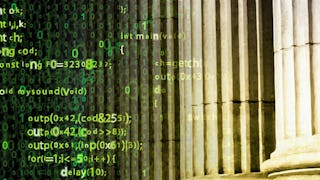 Status: Free TrialFree TrialR
Status: Free TrialFree TrialRRice University
Specialization
 Status: Free TrialFree TrialU
Status: Free TrialFree TrialUUniversity of California San Diego
Specialization
 Status: Free TrialFree TrialU
Status: Free TrialFree TrialUUniversity of Illinois Urbana-Champaign
Course
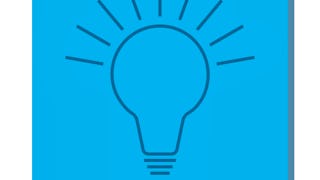 Status: Free TrialFree TrialU
Status: Free TrialFree TrialUUniversity of California San Diego
Course
Trending now
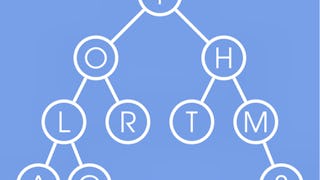 Status: Free TrialFree TrialU
Status: Free TrialFree TrialUUniversity of California San Diego
Specialization
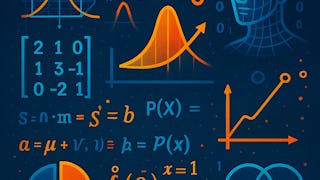 Status: Free TrialFree TrialB
Status: Free TrialFree TrialBBirla Institute of Technology & Science, Pilani
Specialization
 Status: Free TrialFree TrialU
Status: Free TrialFree TrialUUniversity of California San Diego
Course
 Status: Free TrialFree TrialU
Status: Free TrialFree TrialUUniversity of California San Diego
Specialization
New releases
 Status: Free TrialFree TrialB
Status: Free TrialFree TrialBBirla Institute of Technology & Science, Pilani
Course
 Status: Free TrialFree TrialB
Status: Free TrialFree TrialBBirla Institute of Technology & Science, Pilani
Specialization
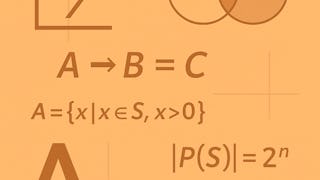 Status: Free TrialFree TrialB
Status: Free TrialFree TrialBBirla Institute of Technology & Science, Pilani
Course
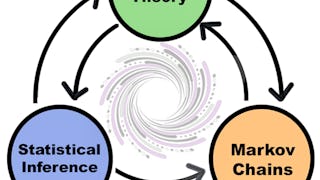 Status: Free TrialFree TrialU
Status: Free TrialFree TrialUUniversity of Colorado Boulder
Build toward a degree
Specialization
Filter by
SubjectRequired *
LanguageRequired *
The language used throughout the course, in both instruction and assessments.
Learning ProductRequired *
LevelRequired *
DurationRequired *
SubtitlesRequired *
EducatorRequired *
Explore the Theoretical Computer Science Course Catalog
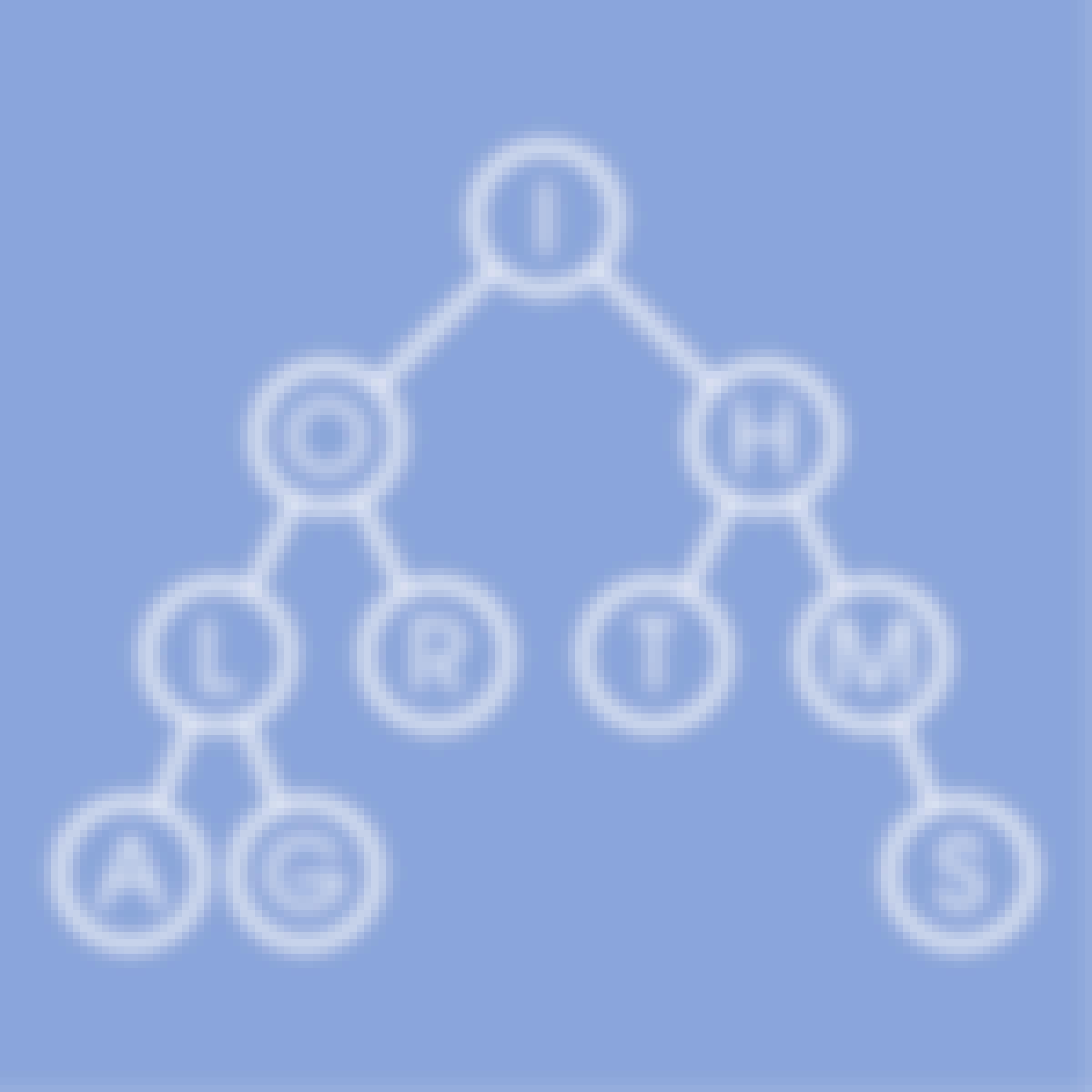 Status: Free TrialFree TrialU
Status: Free TrialFree TrialUUniversity of California San Diego
Skills you'll gain: Algorithms, Program Development, Debugging, Development Testing, Software Testing, Computational Thinking, Computer Programming, Programming Principles, Data Structures, Theoretical Computer Science, Bioinformatics
4.6·Rating, 4.6 out of 5 stars13K reviewsIntermediate · Course · 1 - 3 Months
 Status: Free TrialFree TrialU
Status: Free TrialFree TrialUUniversity of Colorado System
Skills you'll gain: Cryptography, Encryption, Cybersecurity, Computer Security, Theoretical Computer Science, Information Architecture
4.5·Rating, 4.5 out of 5 stars532 reviewsIntermediate · Course · 1 - 4 Weeks
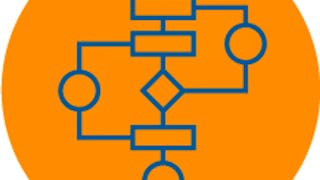 Status: Free TrialFree Trial
Status: Free TrialFree TrialSkills you'll gain: Data Structures, Graph Theory, Algorithms, Java, Theoretical Computer Science, Computer Programming, Object-Relational Mapping, Computational Thinking, Programming Principles, Performance Tuning
3.5·Rating, 3.5 out of 5 stars8 reviewsIntermediate · Specialization · 1 - 3 Months
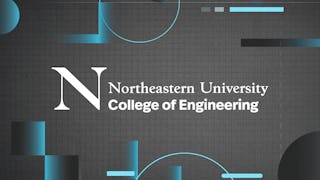 Status: PreviewPreviewN
Status: PreviewPreviewNNortheastern University
Skills you'll gain: Algorithms, Theoretical Computer Science, Data Structures, Computational Thinking, Analysis, Computer Science, Software Development, Scalability
Mixed · Course · 1 - 4 Weeks
 Status: Free TrialFree TrialU
Status: Free TrialFree TrialUUniversity of California San Diego
Skills you'll gain: Logical Reasoning, Computational Logic, Deductive Reasoning, Computational Thinking, Theoretical Computer Science, Combinatorics, Algorithms, Python Programming, Computer Science, Program Development
4.4·Rating, 4.4 out of 5 stars2.3K reviewsBeginner · Course · 1 - 3 Months
 Status: Free TrialFree TrialU
Status: Free TrialFree TrialUUniversity of Colorado Boulder
Skills you'll gain: Algorithms, Data Structures, Theoretical Computer Science, Computer Programming, Computational Thinking, Computer Science, Programming Principles, Python Programming, Advanced Mathematics, Design Strategies, Mathematical Theory & Analysis, Data Analysis, Analysis
Build toward a degree
4.6·Rating, 4.6 out of 5 stars226 reviewsAdvanced · Course · 1 - 4 Weeks
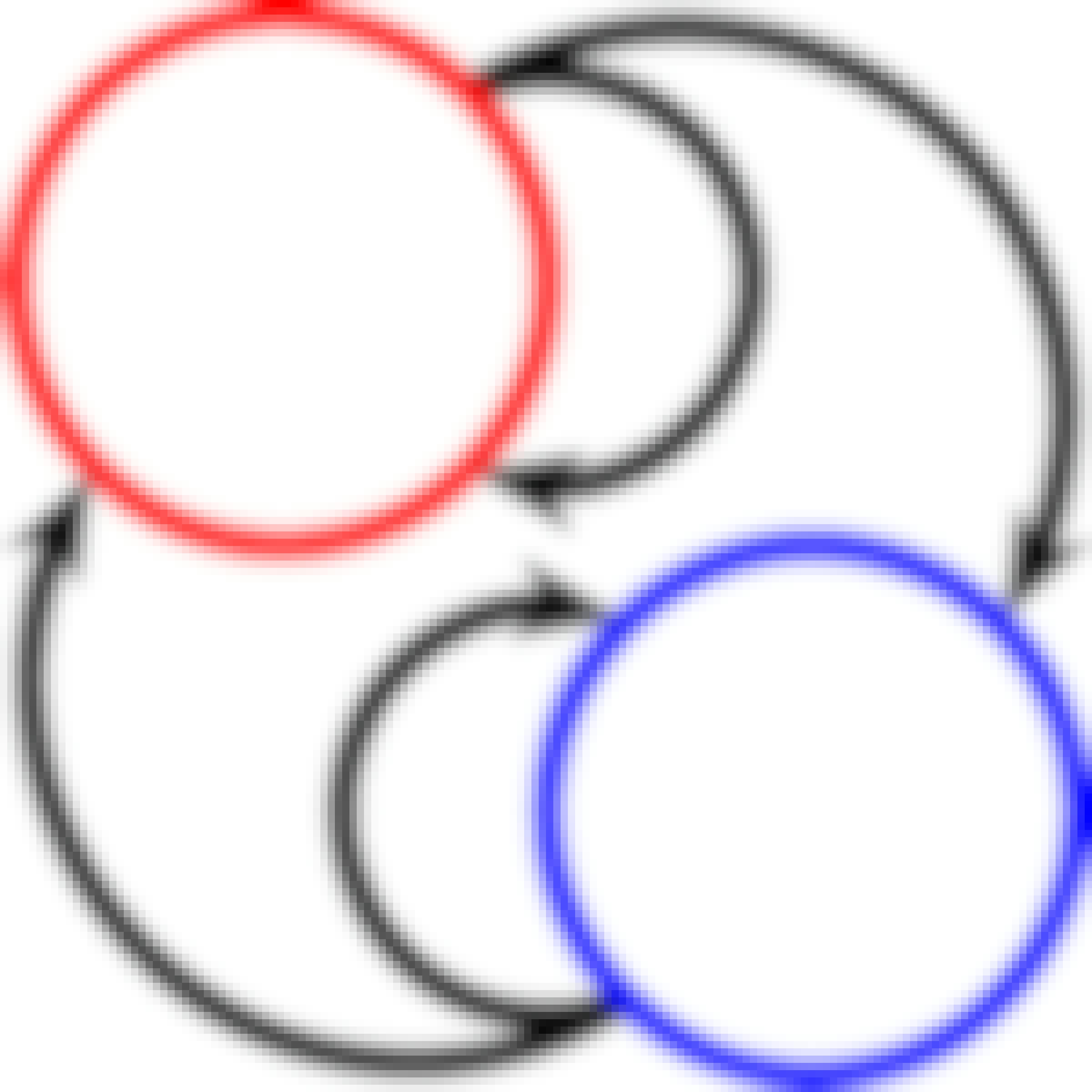 Status: PreviewPreviewU
Status: PreviewPreviewUUniversity of Colorado Boulder
Skills you'll gain: Computational Logic, Systems Architecture, Software Design, Verification And Validation, Systems Design, Theoretical Computer Science, Communication Systems, Simulations, Algorithms, Safety and Security
Beginner · Course · 1 - 3 Months
 Status: Free TrialFree TrialR
Status: Free TrialFree TrialRRice University
Skills you'll gain: Computational Thinking, Programming Principles, Algorithms, Data Structures, Theoretical Computer Science, Computer Programming, Python Programming, Computer Science, Game Theory, Mathematical Modeling, Software Testing
4.8·Rating, 4.8 out of 5 stars365 reviewsIntermediate · Course · 1 - 4 Weeks
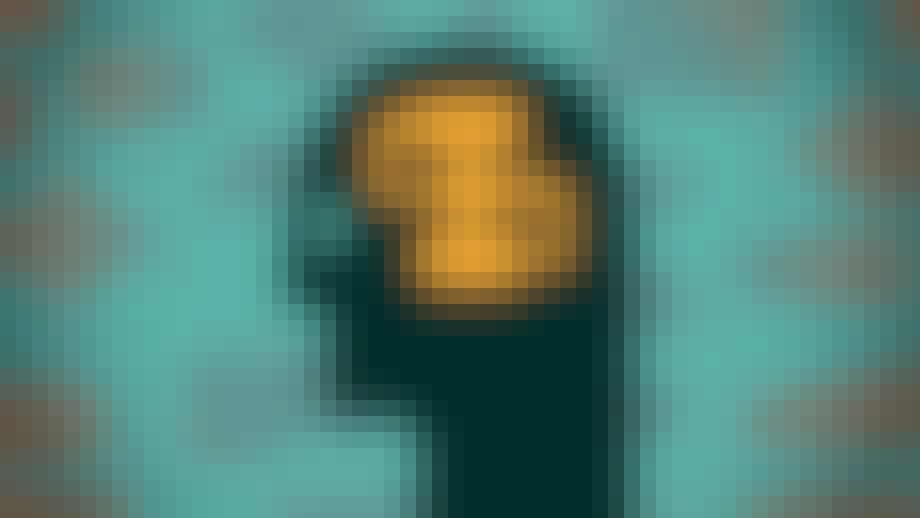 Status: Free TrialFree TrialR
Status: Free TrialFree TrialRRice University
Skills you'll gain: Graph Theory, Algorithms, Computational Thinking, Data Analysis, Data Structures, Theoretical Computer Science, Network Analysis, Analysis, Programming Principles, Python Programming, Computer Programming
4.6·Rating, 4.6 out of 5 stars383 reviewsIntermediate · Course · 1 - 4 Weeks
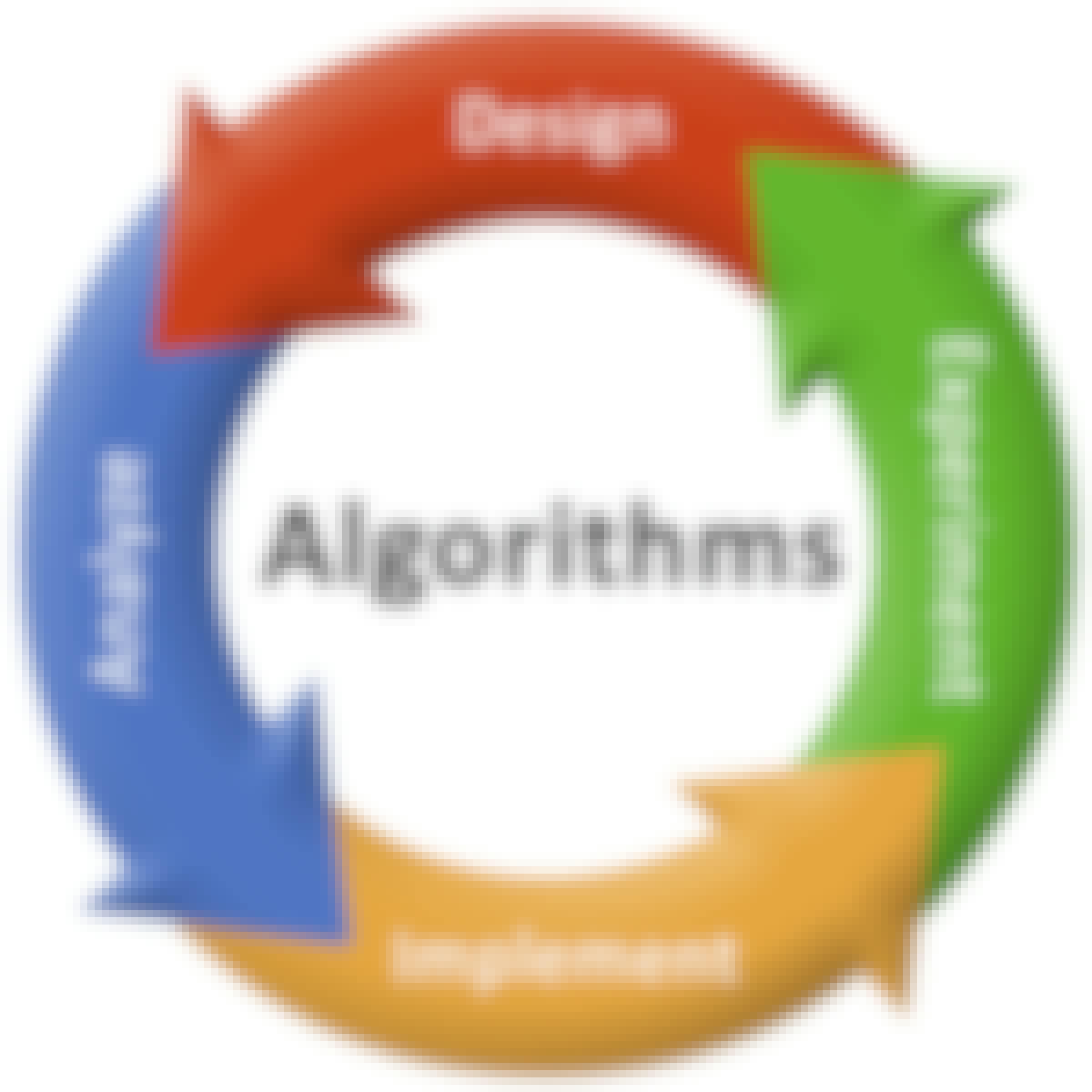 Status: Free TrialFree TrialS
Status: Free TrialFree TrialSStanford University
Skills you'll gain: Algorithms, Graph Theory, Data Structures, Theoretical Computer Science, Computational Thinking, Analysis, Probability & Statistics, Probability
4.8·Rating, 4.8 out of 5 stars5.3K reviewsIntermediate · Course · 1 - 4 Weeks
 Status: Free TrialFree TrialP
Status: Free TrialFree TrialPPeking University
Skills you'll gain: Data Structures, Algorithms, C++ (Programming Language), Object Oriented Programming (OOP), C (Programming Language), Computational Thinking, Graph Theory, Programming Principles, Theoretical Computer Science, Program Development, Computer Programming, Data Storage, Application Development, Computer Science, Computer Architecture, Software Design, Database Systems, Maintainability, Computer Hardware, Software Engineering
4.8·Rating, 4.8 out of 5 stars2.7K reviewsBeginner · Specialization · 3 - 6 Months
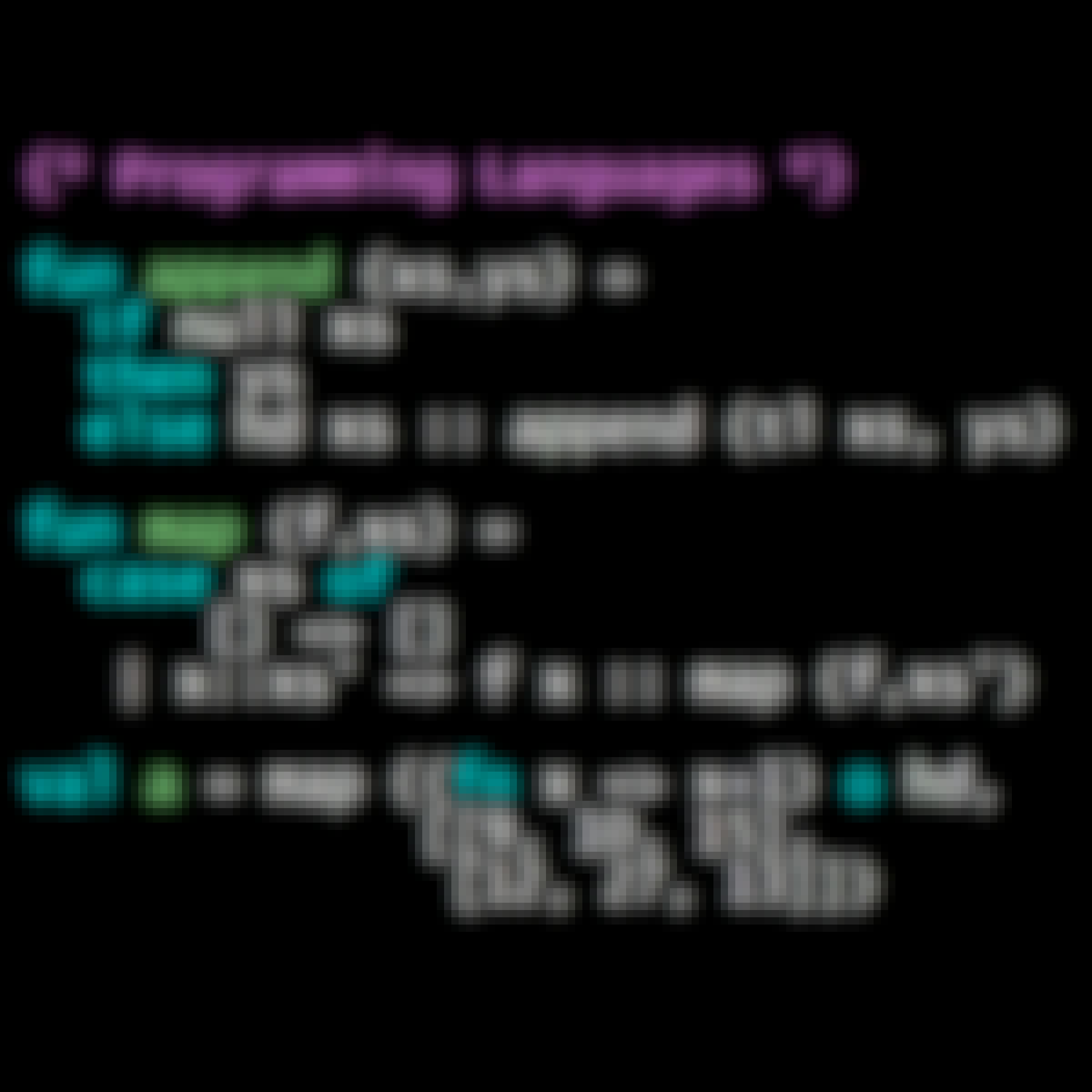 Status: PreviewPreviewU
Status: PreviewPreviewUUniversity of Washington
Skills you'll gain: Software Installation, Programming Principles, Other Programming Languages, Functional Design, Computer Programming, Ruby (Programming Language), Theoretical Computer Science, Object Oriented Programming (OOP), Computational Thinking
4.9·Rating, 4.9 out of 5 stars1.9K reviewsIntermediate · Course · 1 - 3 Months







